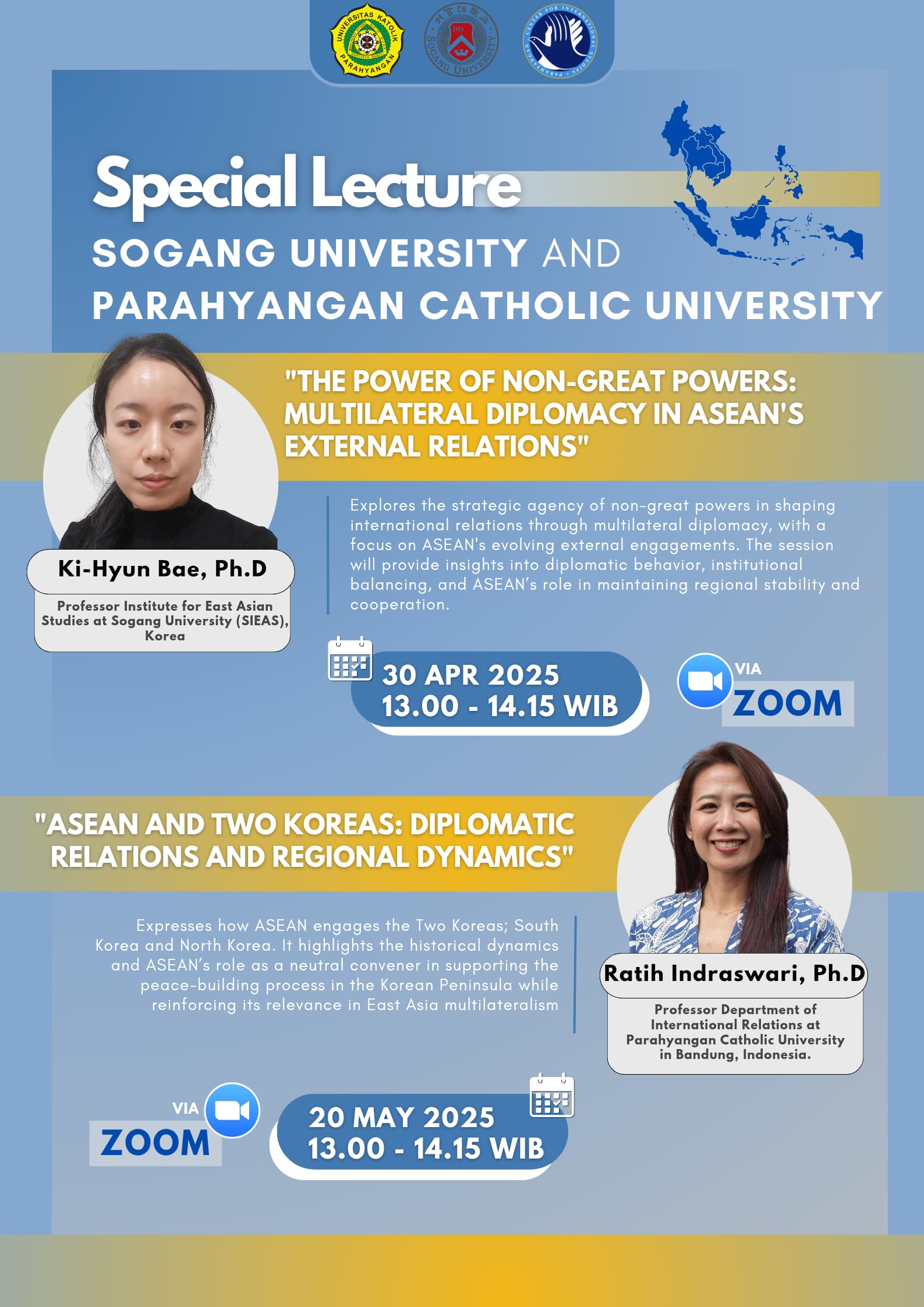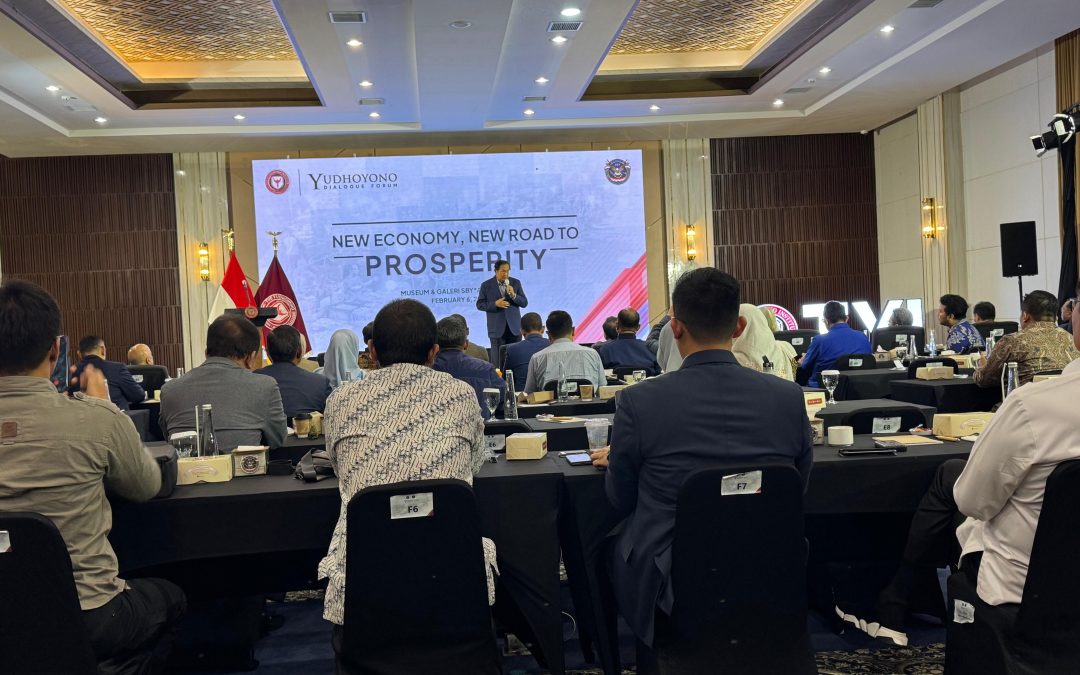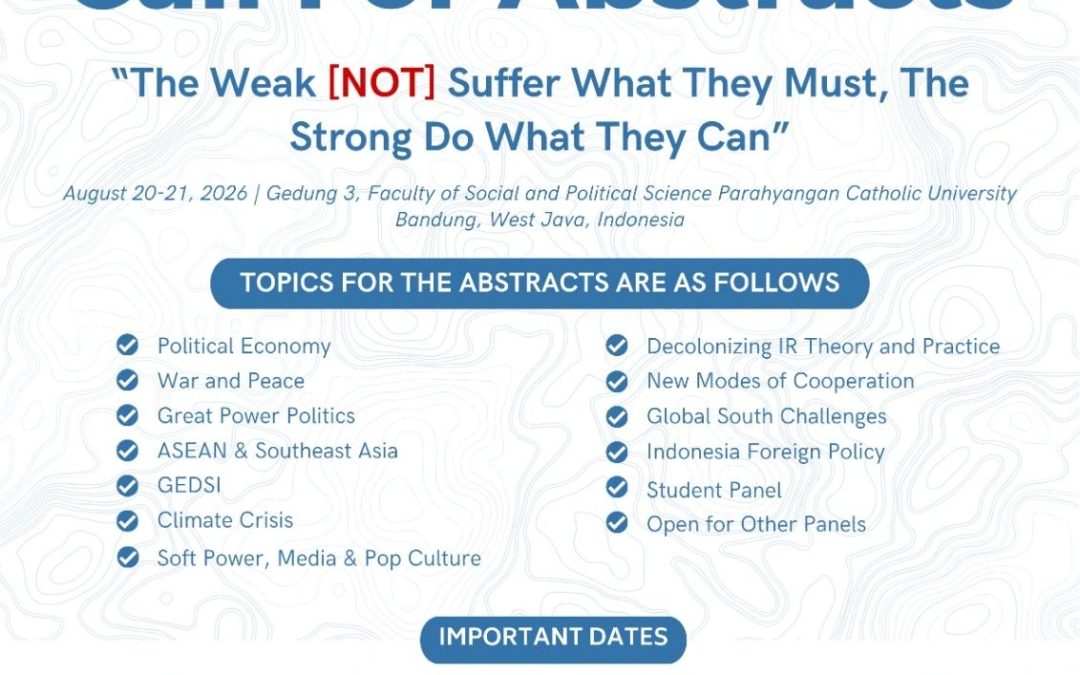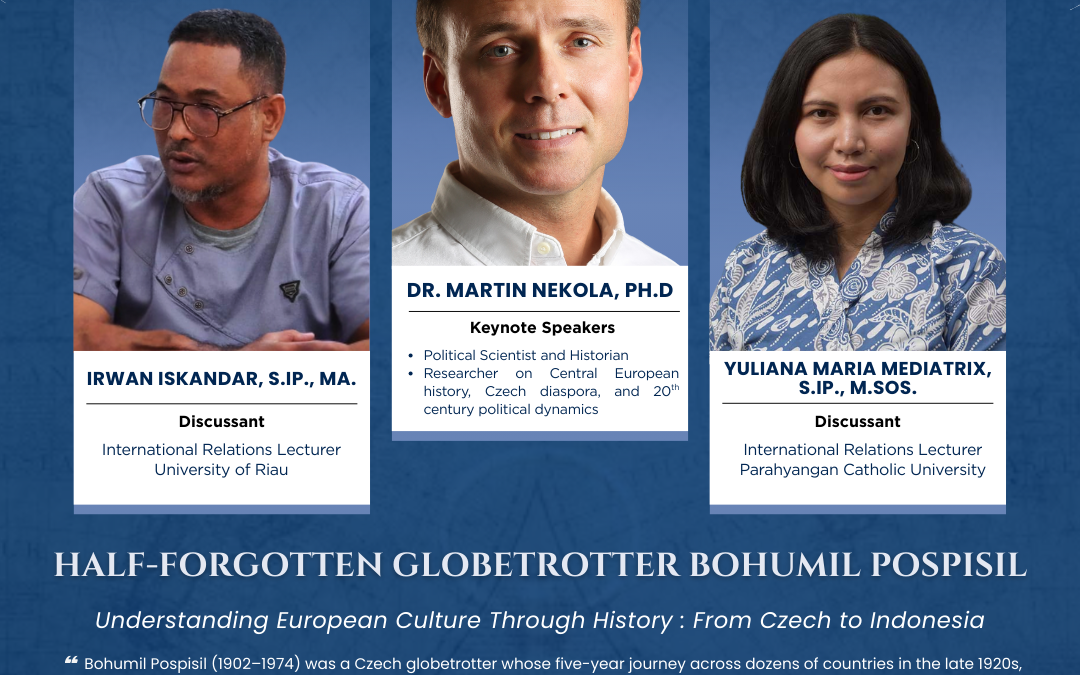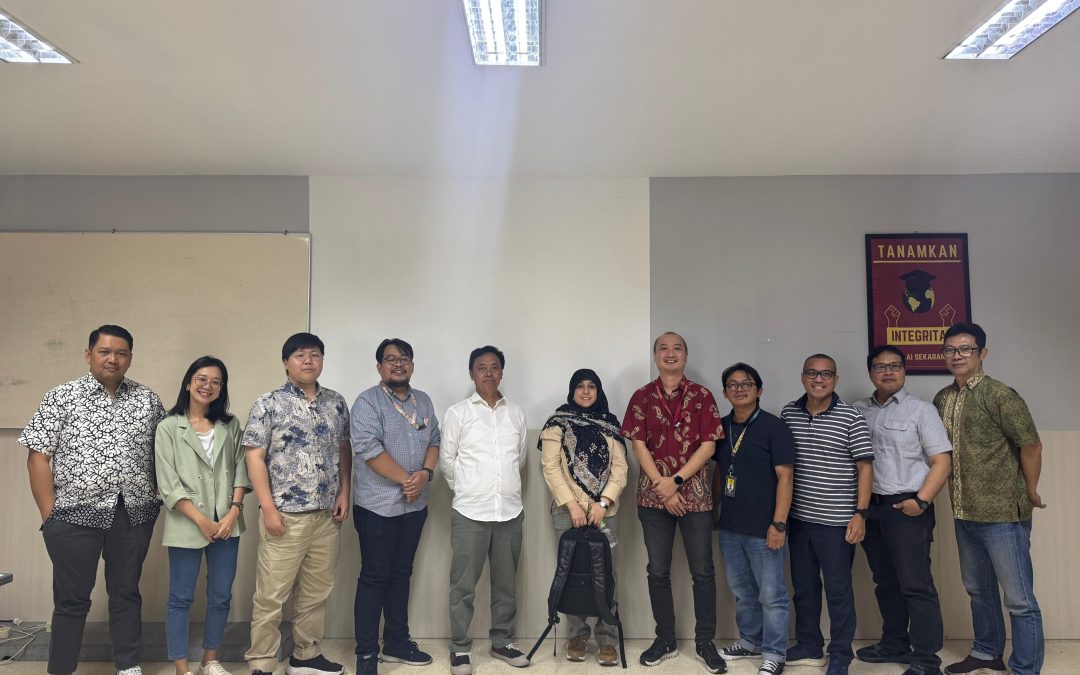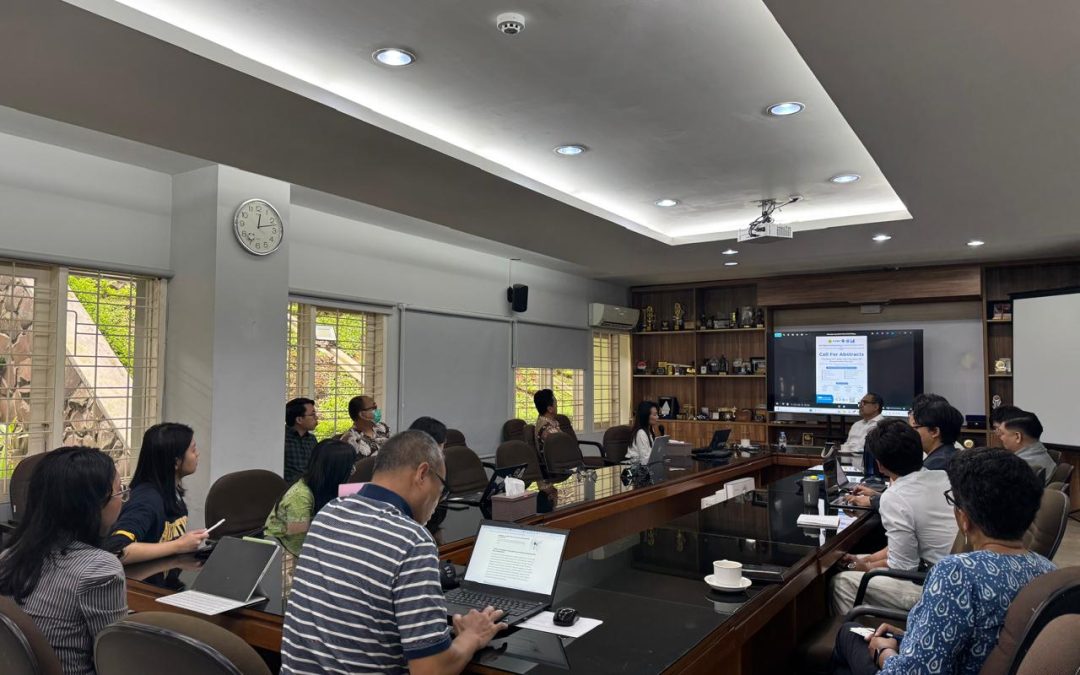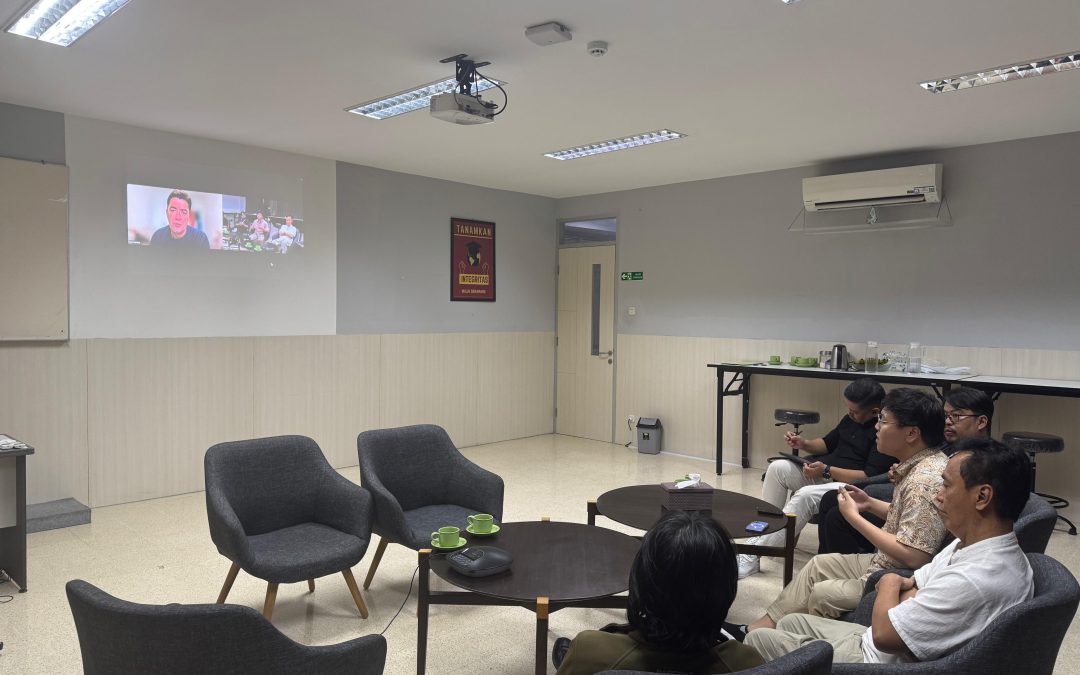As part of the Collaborative Online International Learning (COIL) initiative between Indonesian and Korean academic institutions, a virtual seminar was conducted to facilitate academic exchange and the sharing of perspectives on regional diplomacy and international relations. The event featured two distinguished speakers: Ki-Hyun Bae Ph.D from Sogang University, Korea, and Ph.D Ratih Indraswari from Parahyangan Catholic University, Indonesia.
Ki-Hyun Bae PhD delivered a lecture titled “Power of Non-Great Powers: Multilateral Diplomacy in ASEAN’s External Relations.” She challenged conventional propositions that regional order is predominantly shaped by superpowers and that non-major powers play only a secondary role. Instead, she highlighted ASEAN’s proactive contributions to regional order through norm-building and intellectual leadership. Bae discussed ASEAN’s strategic engagement mechanisms such as ASEAN+1, and ASEAN+3, arguing that ASEAN avoids binary alignment strategies like balancing or bandwagoning, particularly in relation to major power such as China. Instead two strategic tools used by ASEAN: enmeshing, which involves drawing states into deep and sustained regional engagement, and hedging, a policy approach that balances risks by maintaining relationships with multiple powers.
Ratih Indraswari Ph.D presented on “ASEAN and the Two Koreas: Diplomatic Relations and Regional Dynamics.” She explored the historical and geopolitical landscape of Southeast Asia, framing it as a region once marked by colonialism and Cold War rivalries. She mapped the region’s geopolitical divisions and outlined the distinct diplomatic paths taken by North and South Korea in establishing relations with Southeast Asian countries. Key historical ties were discussed, including North Korea’s early relationship with Vietnam, Cambodia, and Indonesia. She also traced the evolution of South Korea’s ASEAN policy through successive presidencies, highlighting major initiatives such as the New Southern Policy and Korea-ASEAN Solidarity Initiative. To conclude Indraswari identified ASEAN’s role in the Korean Peninsula peace process through ASEAN Regional Forum, that is built upon the underlying principle on non-interference, consensus-building, and regional centrality.
The event served as a platform for critical reflections on how non-great powers like ASEAN and middle powers like South Korea can contribute constructively to regional diplomacy and peace-building, underscoring the growing importance of multilateral engagements in shaping Asia’s political landscape.

